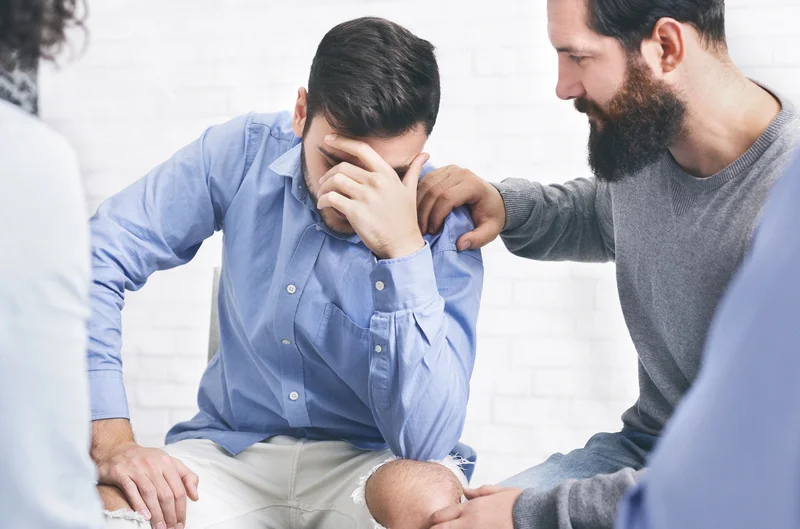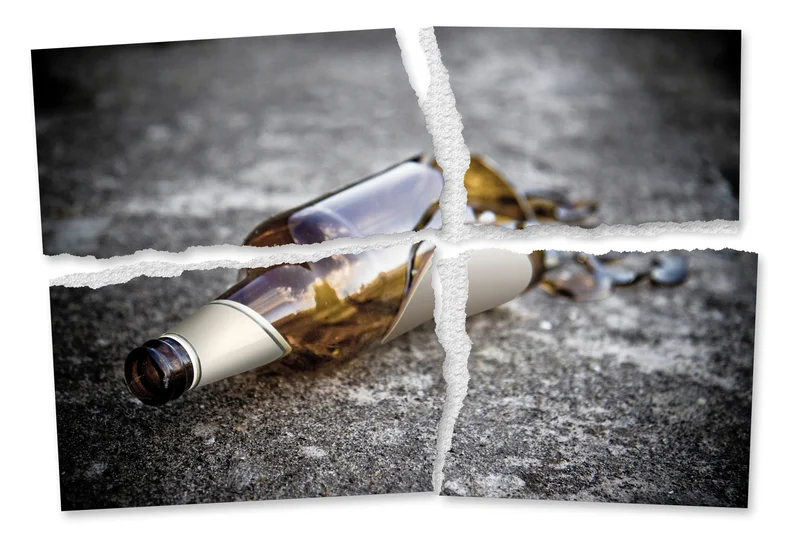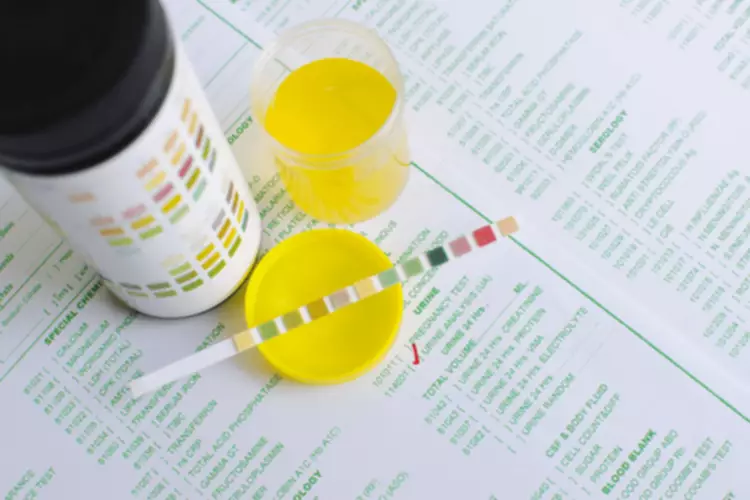
Normally, vasopressin causes the kidneys to retain water, reducing urine output. However, when alcohol is consumed, it inhibits this water-saving mechanism, leading to increased urine production and, consequently, dehydration. The higher the alcohol content in beer, the stronger its diuretic effect. It is important to note that the ABV of beer can have an impact on the drinker’s hydration levels. While beer is typically composed of 95% water, it can still lead to dehydration due to its alcohol content.

Beer is a diuretic

“The liver can handle a certain amount of alcohol, but as a person continues to drink, it can become stressed to the point of causing permanent damage.” “The alcohol in beer can affect the brain so that reflexes are slowed down, and your balance, memory and sleep may be impaired,” says Kimberly Gomer M.S., RD, LDN. The action of suppressing this hormone exacerbates the diuretic effect and leads to dehydration.
Why Does Alcohol Dehydrate You?
That makes beer the clear contender as the least dehydrating, with a big caveat. As important as alcohol content may be, even more important is how much you drink in a given sitting. Drink too many beers too quickly, and you’ll end up as dehydrated as you would taking a shot at the bar. “Drinking one beer over the course of a dinner will not increase your blood alcohol levels as https://ecosoberhouse.com/ much as if you drank four beers in the same time frame,” says Rumsey. Beer is a diuretic, which means that it causes you to urinate more than you usually would.
Alcohol and Dehydration
In addition, you’re likely to lose a lot of water while exercising, so if you’re thirsty, you can always bring a beer. Choosing a ginger beer over a regular beer can be a healthy alternative. The name can mislead beverage connoisseurs, but due to how ginger beer is produced, there is no yeast present, nor Sober living house is the drink fermented like traditional beer.
Is water the best drink for hydration?
- Caffeinated energy drinks may also contain ingredients that increase urine production and contribute to dehydration.
- While it was previously believed that the diuretic effects of caffeine in these drinks could lead to dehydration, this has been debunked.
- It’s widely believed that alcohol exerts its diuretic effect by suppressing a hormone called vasopressin, or ADH 7.
- The pituitary gland is responsible for regulating our growth, metabolism, and reproduction by creating and regulating hormones.
- When you consume alcohol, your body removes fluids from your blood through your renal system, which includes the kidneys, ureters, and bladder, at a much quicker rate than other liquids.
It’s also important to note that the number of beers you drink in a given sitting will impact how dehydrated you become. The main difference between non-alcoholic and regular beer is the absence of alcohol in the former, which is the main cause of dehydration in regular beer. Alcohol inhibits the production of the antidiuretic hormone vasopressin, leading to increased urination and fluid loss. The diuretic effect of alcohol inhibits the production of the antidiuretic hormone “vasopressin,” which is crucial for water retention. As a result, the kidneys’ ability to retain water is compromised, leading to increased urination and fluid loss.
What Is The Best Way To Curb Alcohol Intake?

Manipulating VP or its receptors has been shown to alter these behaviours, suggesting a potential therapeutic target for alcohol abuse and related disorders. And to top it off, both Zeitlin and Rumsey explain, drinking alcohol will also make you urinate more often. You probably know dehydration as what happens to our bodies when we don’t take in enough fluids.
- Everyone’s tolerance to alcohol is different, and it’s important to know and respect your own limits.
- It is also beneficial to consume vitamin-rich foods to compensate for any vitamin loss that may occur during drinking.
- Also, ginger beer is a lower-sugar alternative to modern-day ginger ale, which has been suggested to ease upset stomachs in the past.
- For this reason, a person should drink alcohol in moderation and avoid binge-drinking or chronic heavy drinking.
If you are experiencing dry mouth or skin, headaches, muscle cramps, does wine dehydrate you or dark-colored urine, these are signs of dehydration. You can reverse dehydration by taking in more fluids, but some people may be at risk of complications. Besides dehydration, alcohol can have other negative effects on the body.

After all, beer is about 95 per cent water and only five per cent alcohol. And the liver converts that five per cent of alcohol into roughly the same mass of water and some carbon dioxide. Our bodies are amazing organisms, especially when it comes to processing alcohol. Dr Karl explains why, if you’re drinking booze, what goes in is not equal to what comes out.
- imwathcinyou
- تیر 14, 1400
- 85 بازدید
